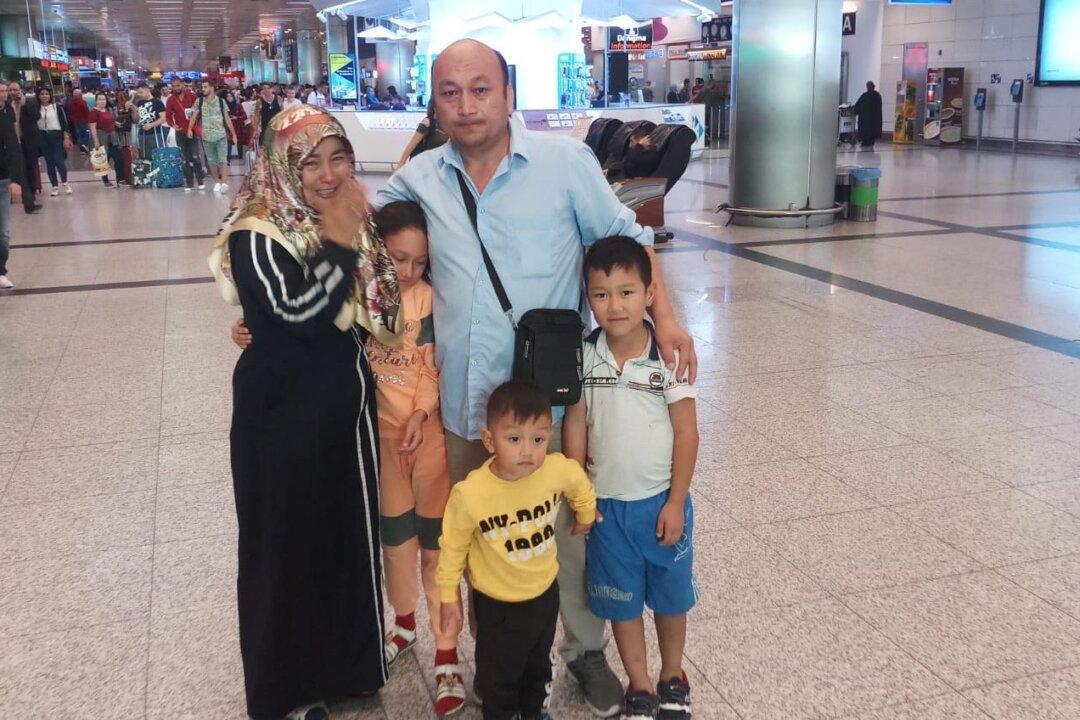Uyghurs in China’s northwestern Xinjiang region are being tortured, raped, and killed in secretive “political re-education” camps, former detainees have told The Epoch Times.
“Upwards of 1 million” of the predominantly Uyghur prisoners continue to be detained in what were, until Oct. 9, extrajudicial internment camps in western China, according to figures quoted by the U.S. Congressional-Executive Commission on China (CECC) and the United Nations.





